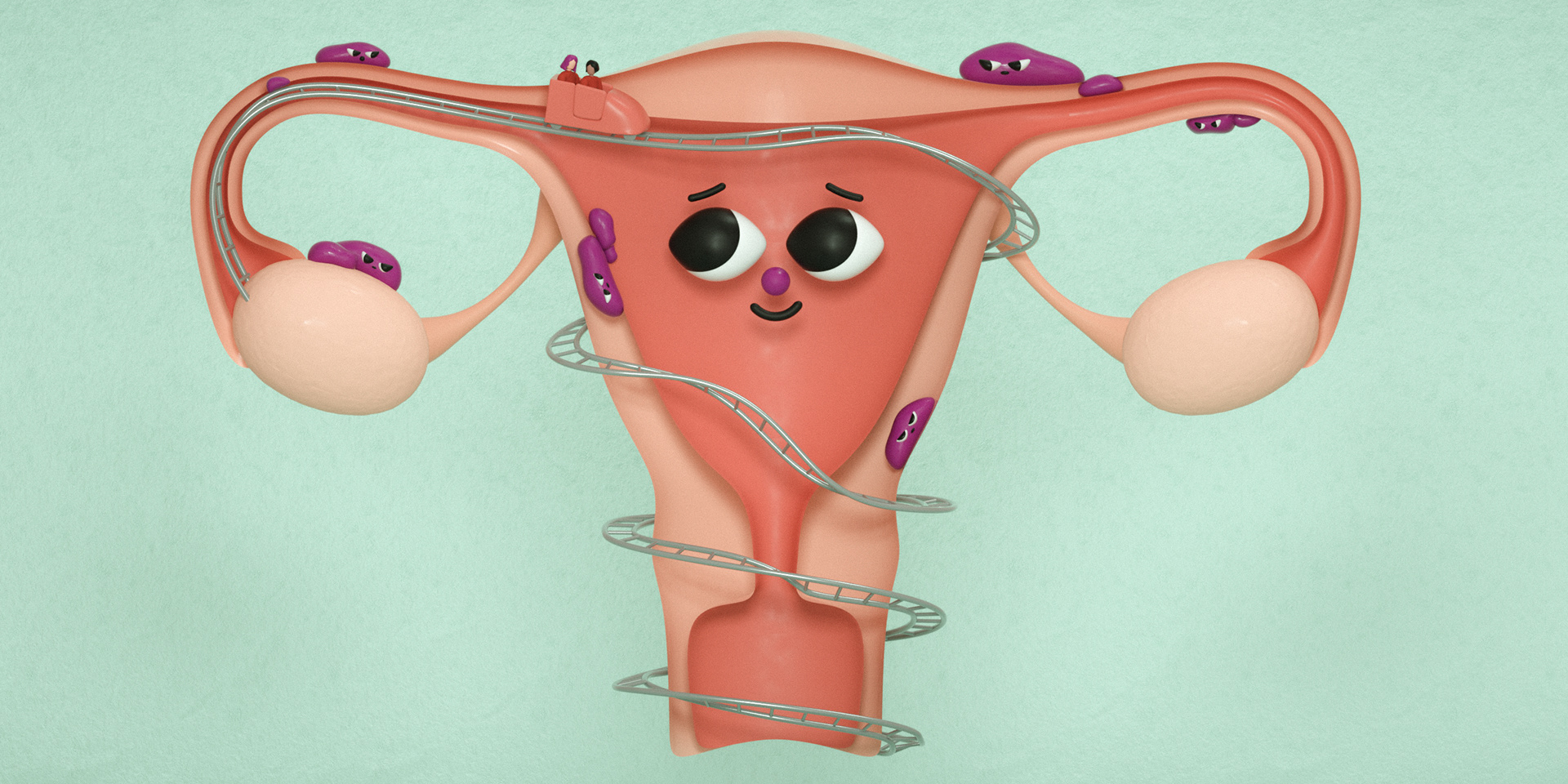The Science Behind Endometriosis: A Dietitian’s Perspective
As a trained dietitian, I spent four years in university learning about the intricate mechanics, physiology, and biochemistry of humans. My education encompassed the impact of nutrition on human behaviour, the influence of marketing on food choices, and how social class affects health outcomes. It’s important to note that dietetics is not about food restriction, dieting, or weight loss; it’s a science-based profession grounded in rigorous research and evidence.
Understanding Endometriosis
Endometriosis is a chronic condition where tissue similar to the lining inside the uterus grows outside it, causing inflammation and pain. It’s often associated with excess estrogen and can lead to a range of symptoms, including severe menstrual pain, digestive issues, and fertility problems.
The Monash Research Unit Study
The Monash Research Unit conducted a study to investigate why many women with Irritable Bowel Syndrome (IBS) also reported symptoms of endometriosis. The study involved 160 women with IBS, and it was found that 36% of them had concurrent endometriosis. These women were put on a low FODMAP (fermentable oligosaccharides, disaccharides, monosaccharides, and polyols) diet, which led to a significant improvement in their bowel symptoms.
Key Findings
- 72% of women with both IBS and endometriosis reported a 50% improvement in bowel symptoms after four weeks on a low FODMAP diet.
- Women with endometriosis and IBS had a unique symptom profile, including dyspareunia (painful intercourse), referred pain, and bowel symptoms exacerbated by menstruation.
Implications for Dietetics
This study highlights the importance of a tailored nutrition approach for women with endometriosis. While some women may experience digestive issues, others may have fertility problems or no symptoms at all. A nutrition package designed specifically for each individual’s needs can be incredibly beneficial.
Conclusion
Endometriosis is a complex condition that requires a multifaceted approach to management, including nutrition and stress management. As a dietitian and endometriosis advocate, I am committed to providing evidence-based advice to help women manage their symptoms and improve their quality of life.
Stay tuned for more updates and insights on managing endometriosis through nutrition and holistic health approaches.



